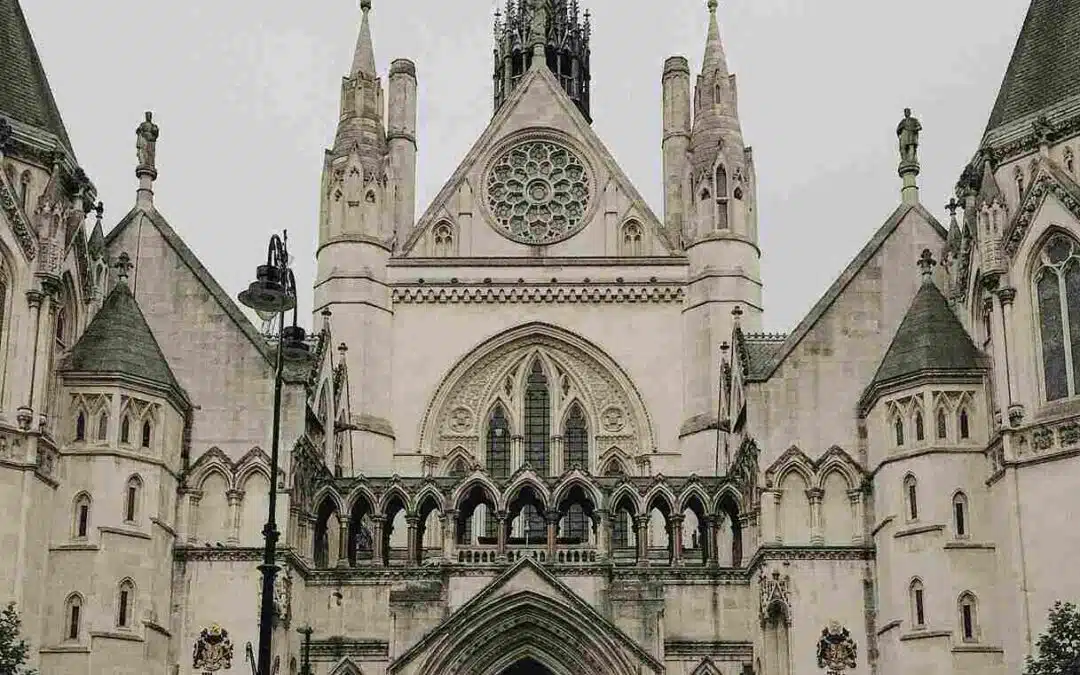In the case of Aston Risk Management Ltd V Jones and others [2023] EWCH 603 (Ch), the High Court has maintained that any director of a holding company that becomes substantially involved in the matters of a subsidiary must be regarded as a de facto director and therefore subject to and liable for all the duties and legal requirements of that subsidiary even when they have not been appointed as a director.
What the High Court Heard and Decided
In the case, the court heard that LJ was a director of Aston Risk Management Ltd, a holding company. This company then acquired a subsidiary company in 2014 called Audio Services Solutions Ltd. After the acquisition had taken place, LJ become significantly involved with the company’s affairs but was not appointed as a director for the company.
Even though he was not made a director, he did take the decision to hold meetings about management structures, labelled himself as a partner in Audio Services Solutions Ltd and took on a leading role in all discussions between the company and their counterparties, working as the face of the business.
As such, the High Court found that LJ had knowingly and willingly taken on the functions of a company director, undertaking functions that should only have been undertaken by a director of the company. As such, LJ was held as a de facto director, despite never having been formally appointed.
Why is the High Court Decision Significant?
In short, this is a significant ruling from the High Court as it tells us that someone can be named as a de facto director of a company, despite never having been formally appointed. In reality, this is only ever likely to happen if the person has become significantly involved in the day-to-day running of the business.
It is clear that LJ’s involvement became extensive in Audio Services Solutions Ltd and it was reported that he took a leading role in decision-making. The Judge also referred to the dominant role that LJ took along with telling people he was a partner and that he was responsible for the key decisions made. It was this behaviour that opened the door for the judge to be able to name him as a de facto director.
What Learnings You Should Take Away From this Ruling
The decision to name LJ as a de facto director is significant for many other companies for a variety of reasons, including:
- Governance Structures – This case makes it clear that companies need to have a clear governance structure laid out and always adhered to. This will ensure that no person can assume a role that is not theirs to assume and ensure that everyone knows who is accountable for what within the business structure.
- Informal Roles – This case also makes it clear that allowing individuals to take on informal roles within a company spells out danger. When someone is given lots of responsibility, even when it is not their assigned role, they may find themselves deemed to be a de facto director despite never having been appointed to the role.
- Liability Concerns – all companies need to be aware of the potential liabilities that come with having de facto directors. In law, a de facto director holds the same level of responsibility as an appointed director, meaning that they can be held liable for breaches in line with the law.
Avoiding Making Similar Mistakes
The type of scenario found in this case can be avoided not only by creating a clear corporate governance structure but ensuring that the structure is followed. When a clear governance structure is in place there is clarity about who is responsible for decision-making and who has accountability. This makes it unlikely that any person would be considered a de facto director. Corporate governance is important, and this case has highlighted the potential liability of de facto directors. Companies should ensure they take the appropriate steps to keep their governance structures up to date and clear.
For more information or assistance, you can contact Carter Bond Solicitors at 020 3476 6751 or via email at info@carterbond.co.uk. You can also find valuable resources on their YouTube channel and website at www.carterbond.co.uk.
This note comprises the view of the author at the time of writing. This note is not a substitute for legal advice. Information may be incorrect or out of date and may not constitute a definitive or complete statement of the law or the legal market in any area. This note is not intended to constitute advice in any specific situation. You should take legal advice in specific situations. All implied warranties and conditions are excluded, to the maximum extent permitted by law.


